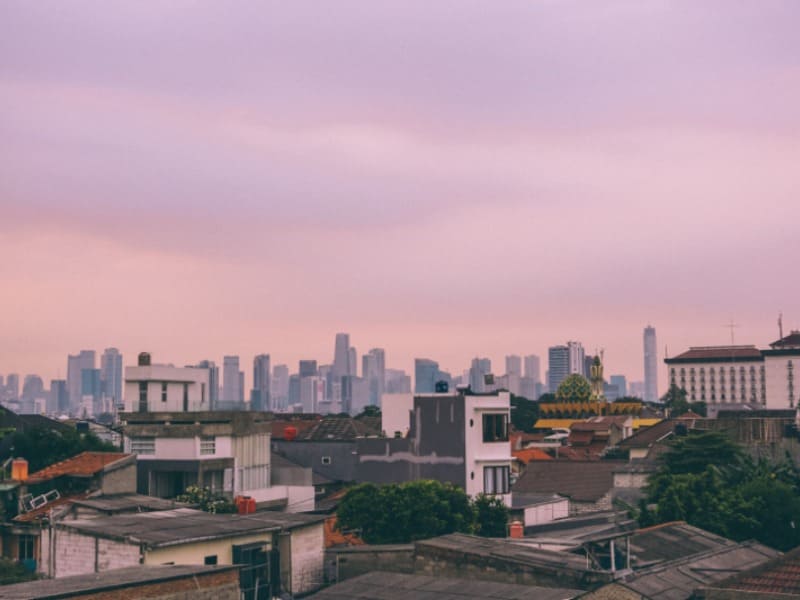Tapping on the significance of Muslim celebrations in Indonesia through Spiritual Marketing
Indonesia is a predominantly Muslim country. Based on 2010 census, 87% of Indonesians identified themselves as Muslims. So just like the rest of the Muslim world, Indonesia has just celebrated 2 major celebrations in the Muslim calendar - the Ramadhan and the Eid ul Fitr. Typically, just like other muslim markets, many brands would try to tap into the marketing potential of both celebrations. In the next series of articles, we will explore the cultural and religious significance of the various aspects surrounding these 2 major celebrations such as the common practices and symbolisms hidden in the food consumed during these celebrations.
Part 1 - Elevate Your Brand Relevance During Ramadhan
A week or two before Ramadhan, the advertisements of products such as syrup, gastric medicines, mouthwash, instant noodle, soda and isotonic drink, just to name a few, will start making their appearances on Indonesian TV and other advertising mediums - signaling that Ramadhan is just around the corner. These are ubiquitous products that experience increased usage in Ramadhan.
Ramadhan is the month of atonement, reflection and repentance for Muslims. It is a special month that is most anticipated by Muslims in Indonesia. Many believe starting the month of Ramadhan with a spiritually-clean state would ensure all their Ramadhan activities be accepted by God. It is believed that Ramadhan should be greeted with a clean, pure heart. Hence, the tradition of asking for forgiveness from others at the start of Ramadhan in order to achieve the clean, pure state.
Being in a clean and pure spiritual state is so important for Ramadhan that some Indonesian communities will blend in their religious practices with their ancient cultural rituals. For example, the cultural tradition of ‘Balimau' (bathing in the river using lime) in Minangkabau or ‘Padusan' (bathing in water from sacred water sources) in Boyolali are also performed to welcome Ramadhan as part of the ritual to cleanse the bodies and purify the souls.
Brands that want to connect with this large consumer segment must not only understand the spiritual significance of this holy month but also recognize the collectivistic nature of the society. Indonesians highly value the moments of togetherness - cherishing time with family and friends, sharing happiness and become a part of the community. Breaking fast together is one of the most common examples. It is where the social sharing and networking mostly happen. The themes of sharing and togetherness have always been massively used in brand communications along with the spiritual theme.
Typically, the beginning of Ramadhan will see people break their fast with families. As Ramadhan progresses, the month becomes more festive and many are open to joining iftar (breaking fast) events with extended families, friends, or colleagues. Thus, malls and restaurants are always full during iftar, opening doors for commercial opportunities for marketers.
Yet, not many brands could successfully cut through the clutter to differentiate their communications during this period. So, brands who are more active on ground activations during this period could see a payoff. For example, Wardah had successfully held Wardah Ramadhan Gathering with their target consumers, Tokopedia became the main sponsor of HC Day by Hijabers Community. It is also worth looking at Hijrahfest, the biggest Ramadhan event for the muslim community, that is managed to attract many brands as sponsors from small enterprise brands to top brands like Pepsodent and Bukalapak. Often, brands who will get the attention during this holy month are those who are able to immerse themselves in the values that aligns with the community.


